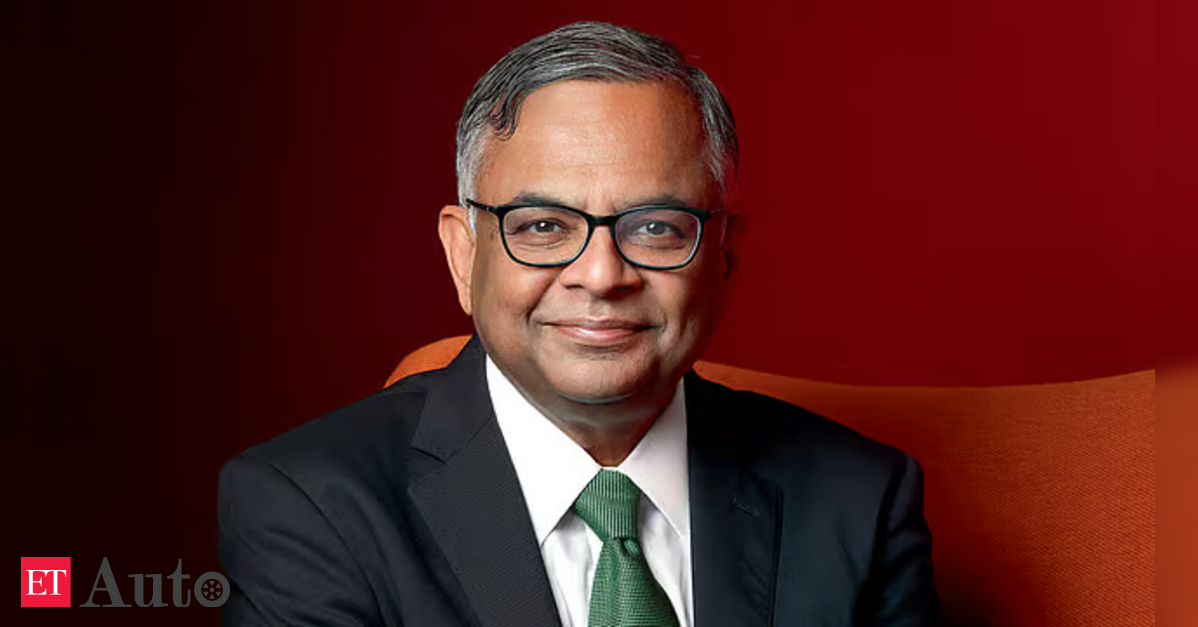Tata Motors Accelerates Electric Vehicle Strategy Amid Increased Competition and Supply Chain Risks
Key Ideas
- Tata Motors plans to increase electric vehicle penetration to 30% well before 2030, with a current market share of over 50% in the Indian EV market.
- The company is closely monitoring supply chain and geopolitical risks, particularly around rare earth magnets sourcing for EVs, to ensure uninterrupted operations.
- Chairman N. Chandrasekaran highlighted the company's commitment to the EV sector, mentioning ongoing collaborations with the government on alternative resources.
- Tata Motors is also involved in testing hydrogen buses and trucks, although the Chairman noted that the cost of production and operations for hydrogen is currently high and not scalable in the near term.
During Tata Motors' 80th annual general meeting, Chairman N. Chandrasekaran announced the company's accelerated electric vehicle (EV) strategy, aiming to achieve 30% EV penetration well before 2030. Despite facing increased competition in the Indian EV market, Tata Motors retains a market share of over 50%. Chandrasekaran assured shareholders that the company is vigilant about monitoring supply chain and geopolitical risks, particularly focusing on the sourcing of rare earth magnets crucial for EV production. He also mentioned Tata Motors' collaboration with the government on exploring alternative resources for EVs. While addressing concerns related to increased US tariffs on UK-made vehicles impacting Jaguar Land Rover, Chandrasekaran highlighted mitigation steps to reduce the impact. The company is also actively participating in the government's EV bus programs and conducting tests on hydrogen buses and trucks. However, the Chairman acknowledged that the current high production and operational costs of hydrogen make it challenging for scaling in the near future. Additionally, Tata Motors reaffirmed its plan to demerge its passenger and commercial vehicle businesses, with both units expected to list separately in the upcoming quarter. Chandrasekaran emphasized the financial stability of the business units, stating they do not require significant debt unless strategic opportunities arise.
Topics
Public Transit
Competition
Electric Vehicles
Automotive
Business Strategy
Supply Chain
Government Collaboration
Latest News
